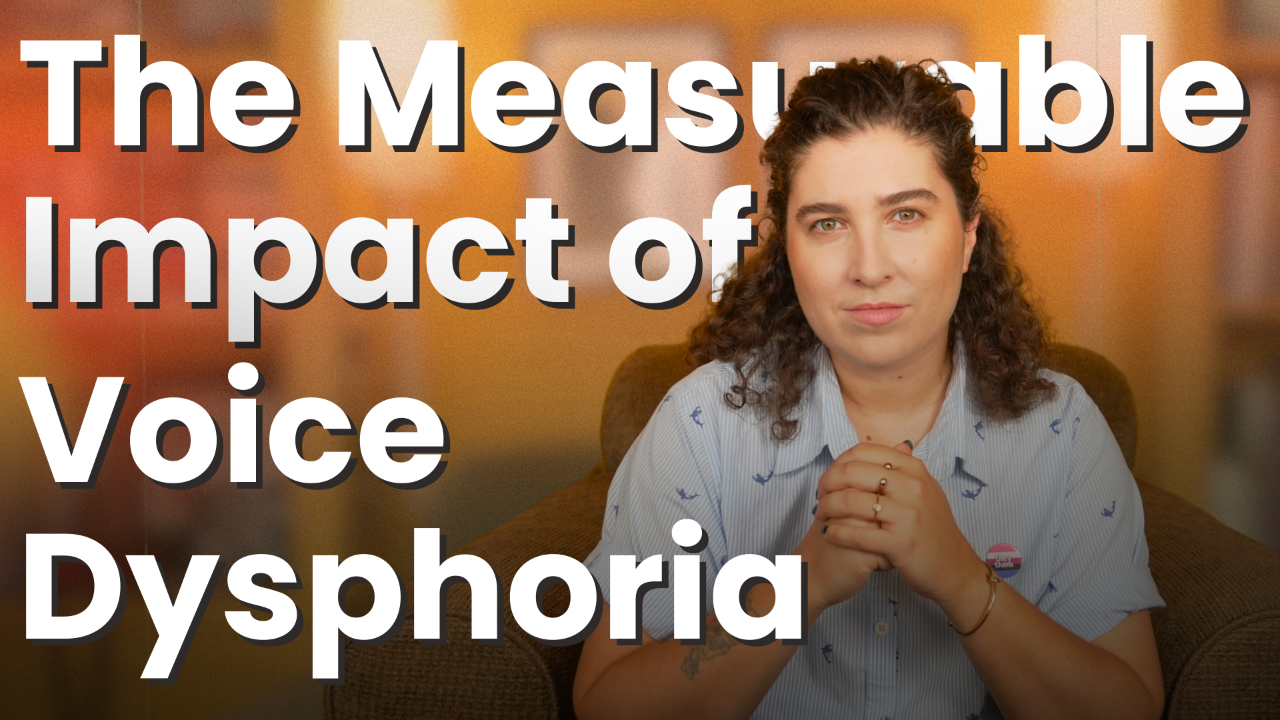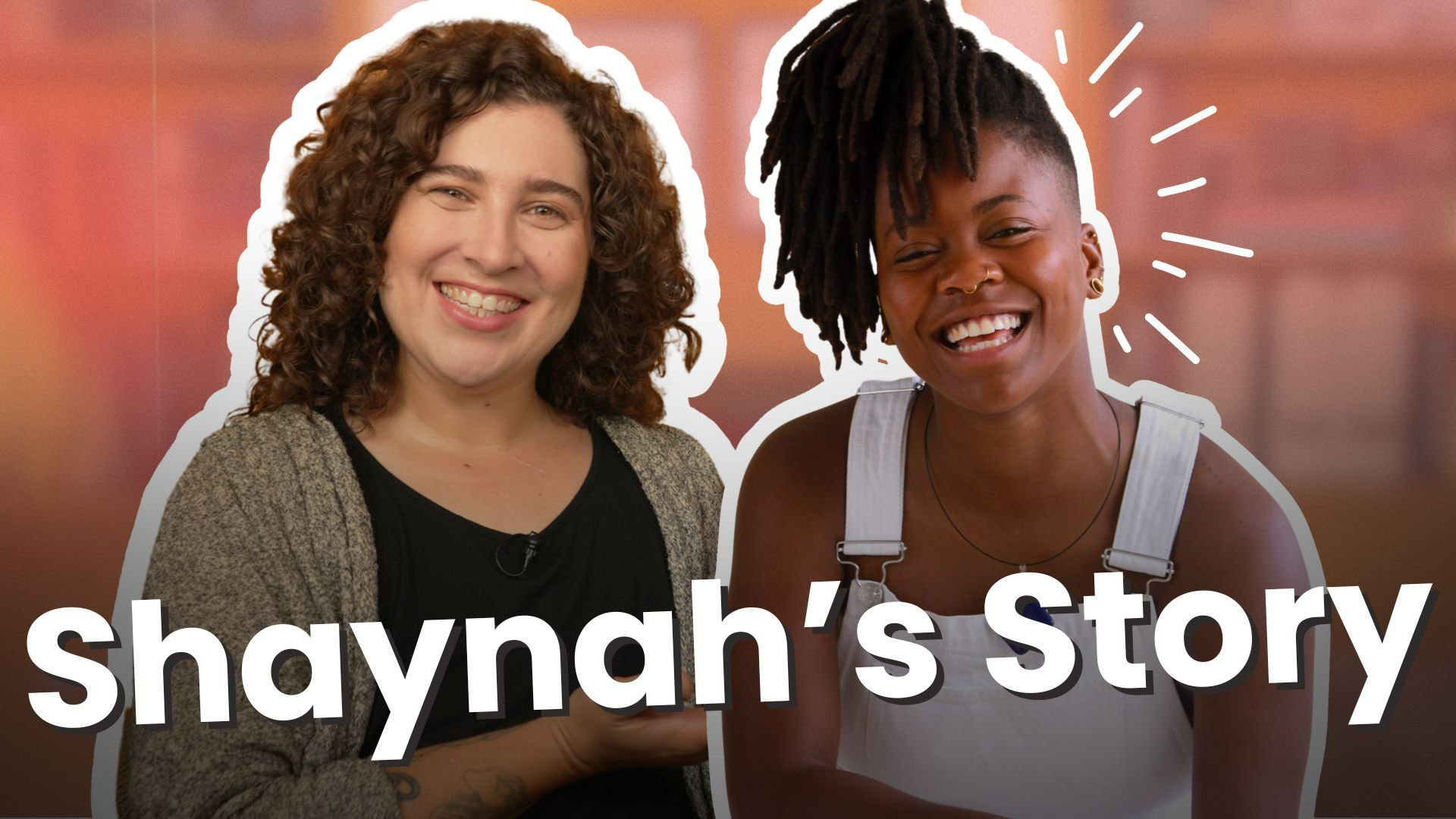5 Lessons from Learning Spanish for Trans Voice Success
Jan 29, 2024
¡Hola, amigos! Renée here, your friendly gender-affirming voice teacher. Today, I'm thrilled to take you on a journey through my four-year-long adventure of learning Spanish and how the lessons I've picked up along the way can revolutionize your trans voice practice. So, grab a café de olla and let's look at how learning Spanish made me a better gender-affirming voice teacher, and how language learning can improve your trans voice practice as well.
Introduction
Learning a new language can be both exhilarating and challenging. I started my Spanish learning journey at 32, a point in life where many believe it's too late to grasp a new language. Before this venture, I held onto the belief that I lacked the aptitude for language learning. Little did I know that challenging this perception would not only open doors to a new language but also unearth valuable insights applicable to trans voice practice.
So, without further ado, here are five lessons I learned that apply both when learning a language, and when working on creating a speaking voice that you love.
1. Read Out Loud Often
The first tip that significantly enhanced my Spanish pronunciation was reading out loud. Much like in trans voice practice, where we strive to mold and refine our vocal shapes, I faced the challenge of rolling my R's. To overcome this, I incorporated a simple yet effective habit into my routine – reading out loud. Before delving into a passage, I practiced the tricky sounds, honing my ability to articulate them. Even now, years into my language journey, I still read out loud to myself almost every day.
2. Face Your Weaknesses Head-On
Language learners often find comfort in certain aspects of learning while encountering challenges in others. In my case, while reading and comprehension came naturally, speaking proved to be a daunting task. Trans voice practice follows a similar pattern – strengths and weaknesses vary among individuals. Identifying my speaking weakness, I took a bold step by enrolling in private lessons, a departure from my usual self-learning style. This decision played a pivotal role in honing my ability to express myself verbally, a skill I previously struggled with.
3. Diversify Your Practice
Boredom is the nemesis of any learning journey. To keep my Spanish learning engaging, I diversified my practice routine. From flashcards to podcasts, language learning became a dynamic experience. Trans voice practice, too, benefits from a diverse approach. Experiment with different exercises, explore various resources, and find what keeps you motivated. The key is to make your practice enjoyable, ensuring consistency in the long run.
4. Embrace Mistakes and Sounding Ridiculous
Fear of making mistakes and sounding less than perfect can impede progress in language learning and trans voice practice alike. While I'm not a perfectionist, the reluctance to sound foolish was a hurdle I had to overcome. Reminding myself that having an accent meant I was learning something new helped shift my perspective. Embracing the notion that, in the language-learning process, I was essentially a "baby" learning to speak, eased my concerns and propelled me forward in my speaking abilities.
5. Prioritize Immersion
One common challenge in both language learning and trans voice practice is the hesitancy to use one's skills until they feel "ready." Immersing yourself in the language before reaching perfection is crucial. Before even setting foot in a Spanish-speaking country, I simulated immersion by surrounding myself with Spanish content – from podcasts to music. In trans voice practice, consistent usage and immersion are vital for improvement. Don't wait until you feel completely prepared; start using your voice regularly to expedite progress.
Bonus: Language Learning as a Tool for Teaching and Learning
Beyond the practical benefits, learning Spanish enriched my role as a gender-affirming voice teacher. It provided insights into how gender is expressed across languages and cultures. Exploring new vocal sounds in Spanish expanded my repertoire, enhancing my ability to guide others on their voice journeys.
Conclusion
As I reflect on my language learning journey, I can't help but think about the next language I should tackle. What language do you think I should take on next? Share your thoughts in the comments! Whether you're on a language-learning adventure or navigating the intricacies of trans voice practice, remember that it's about the process, embracing imperfections, and celebrating progress. ¡Buena suerte, amigos! (Good luck, friends!)
Want weekly tips, resources, and insights on trans voice training? Sign up for my newsletter and get the latest content delivered straight to your inbox. It's free!









